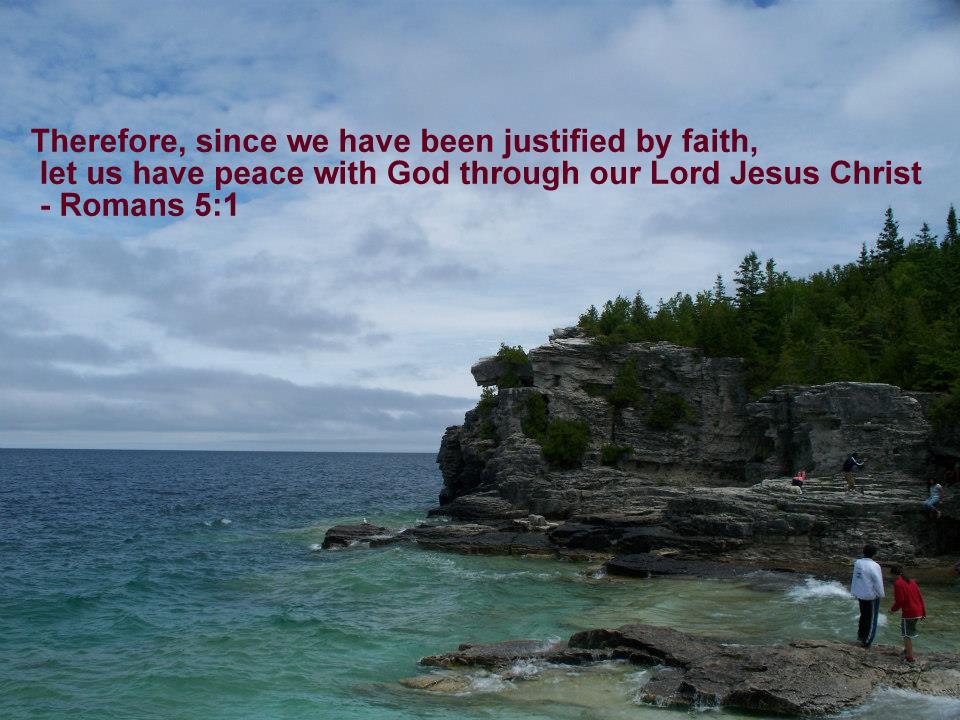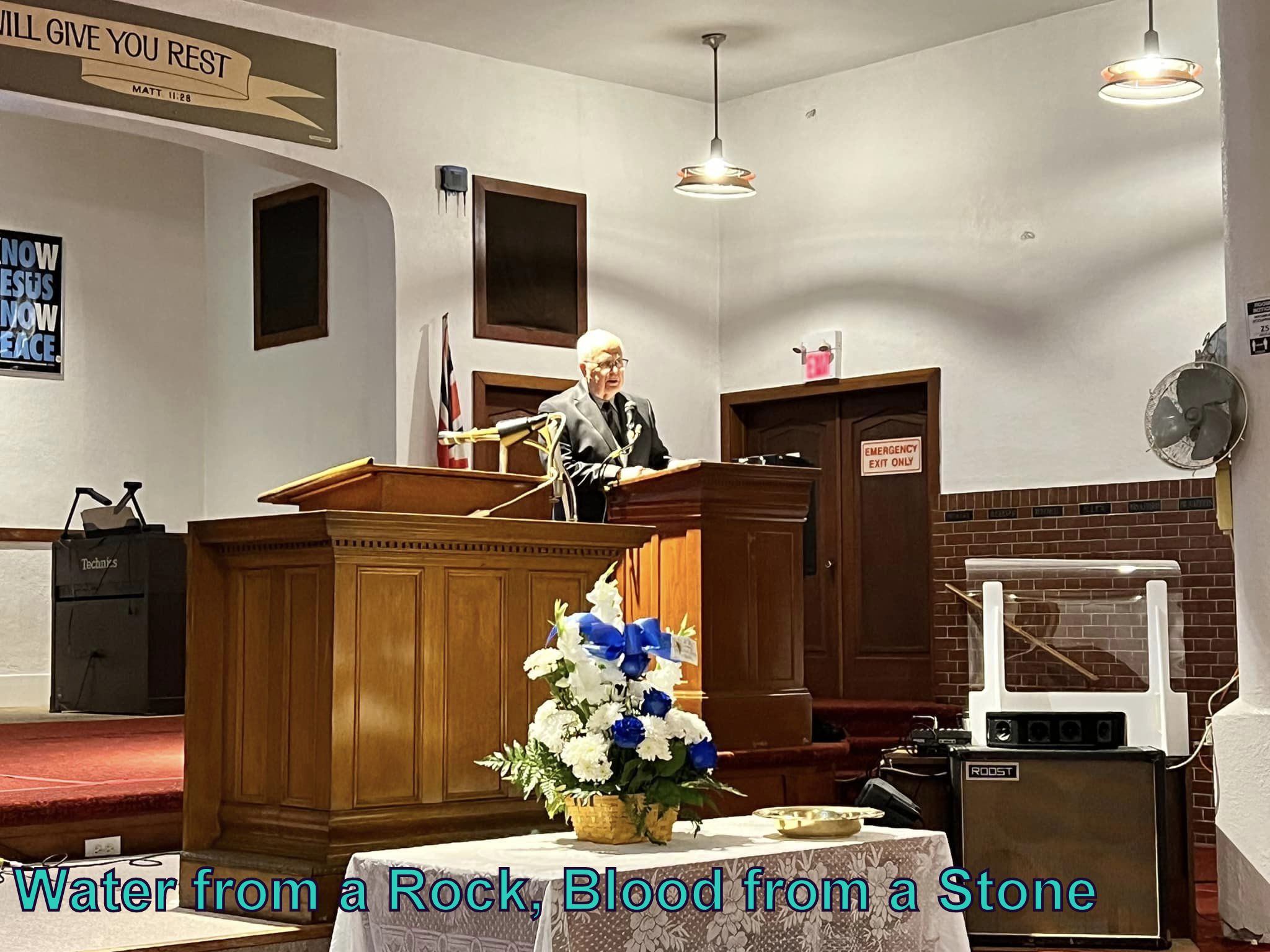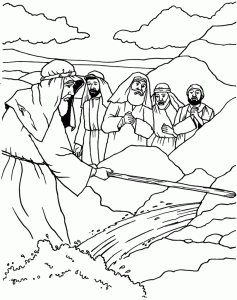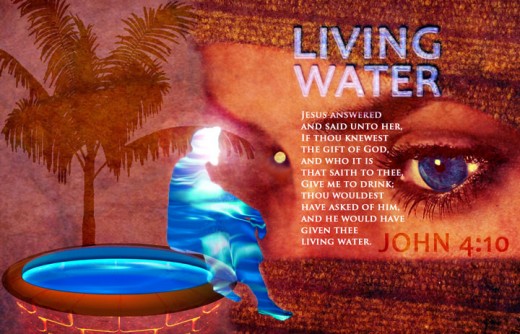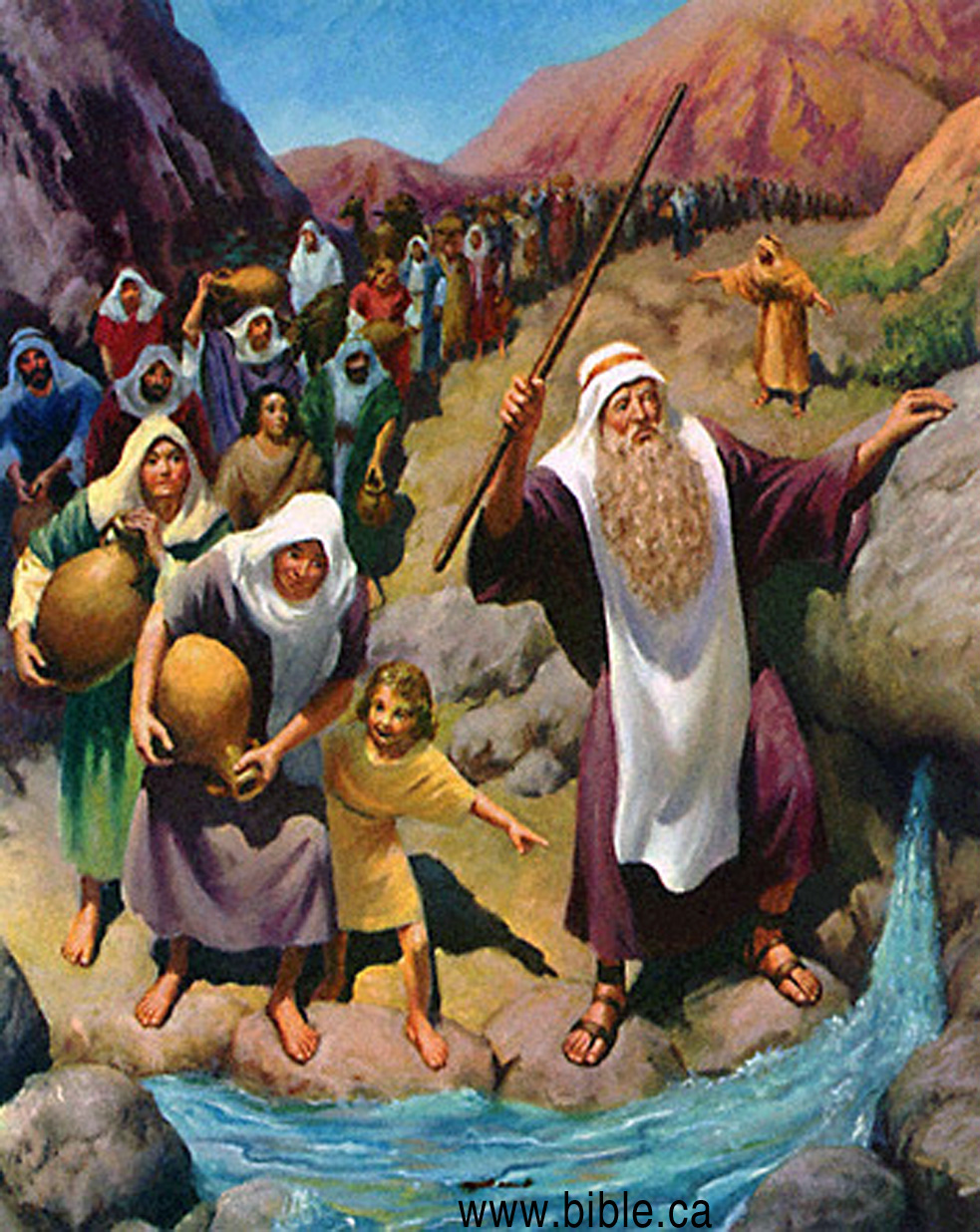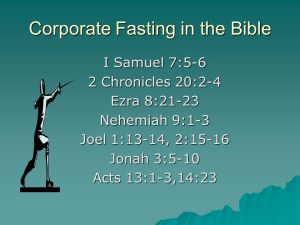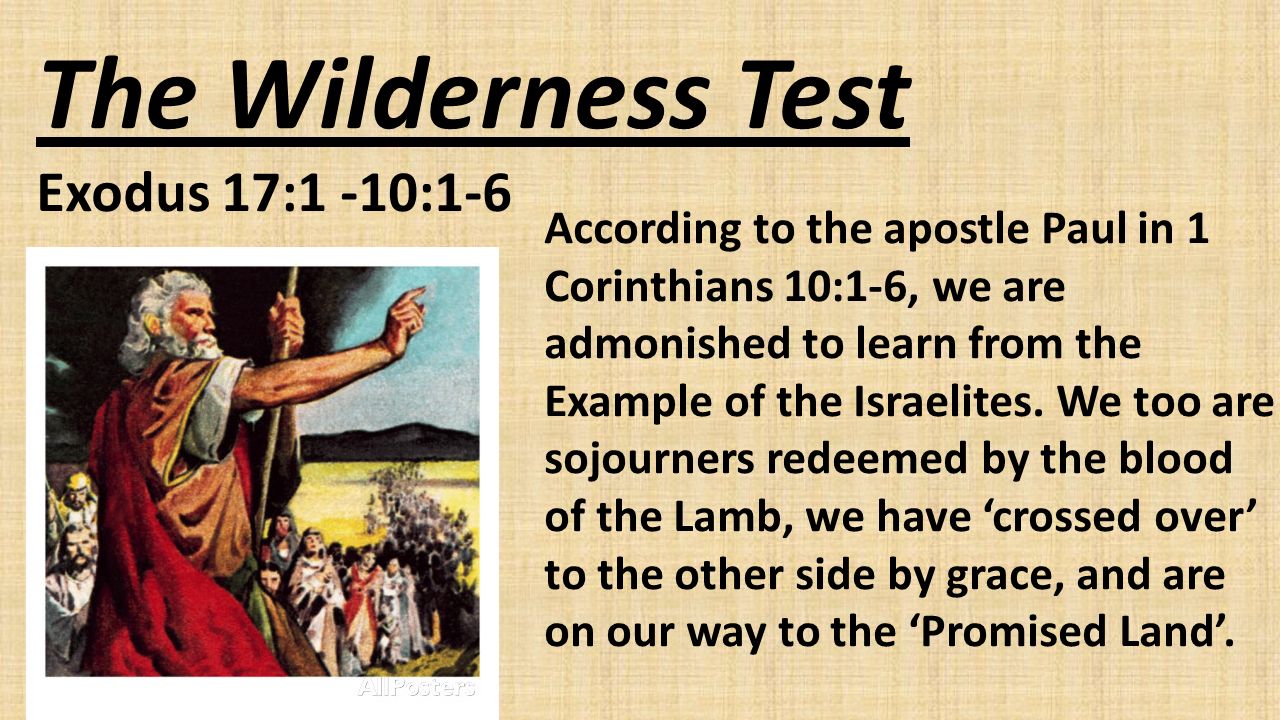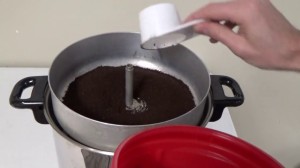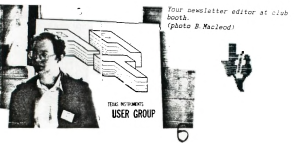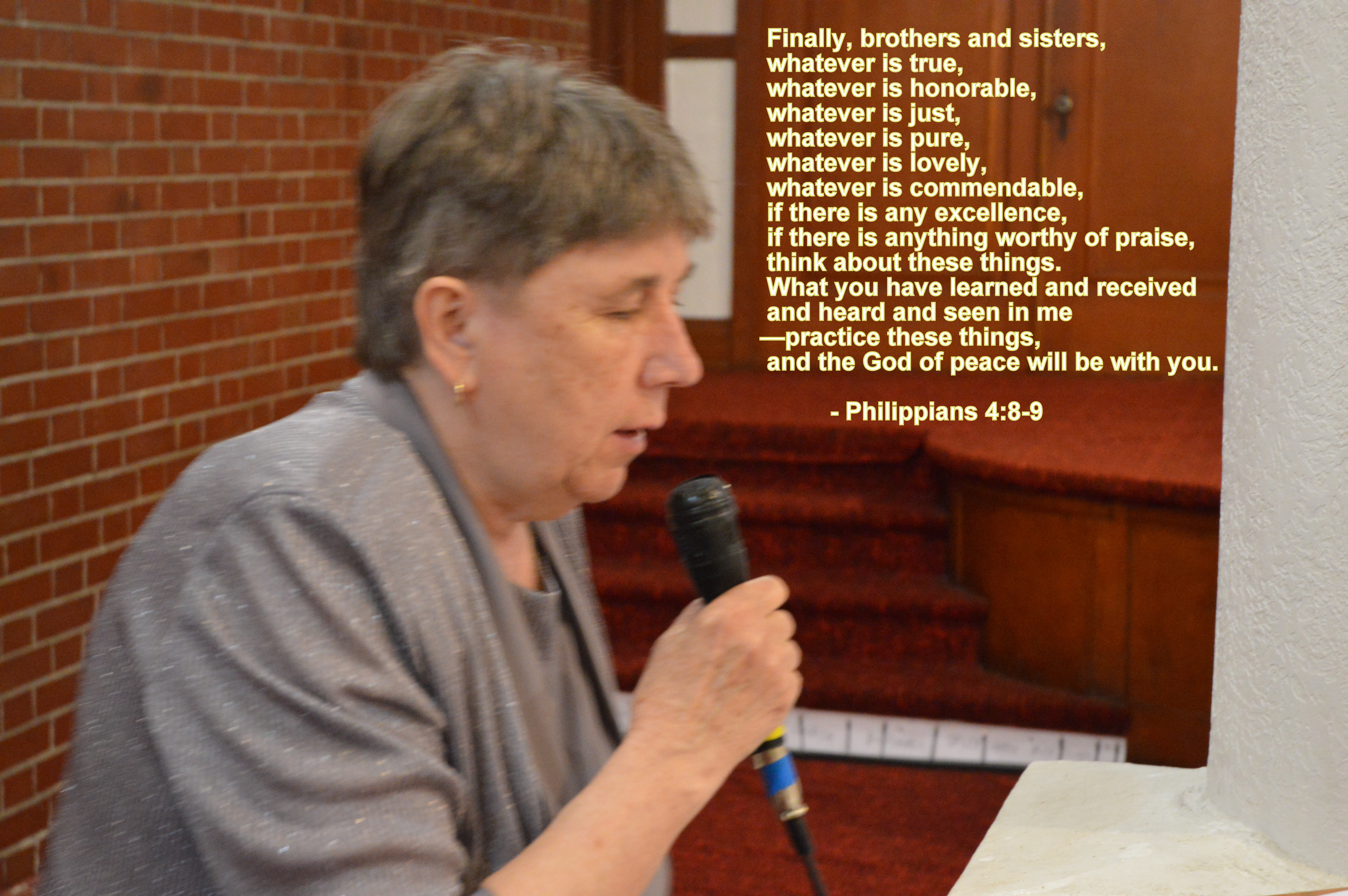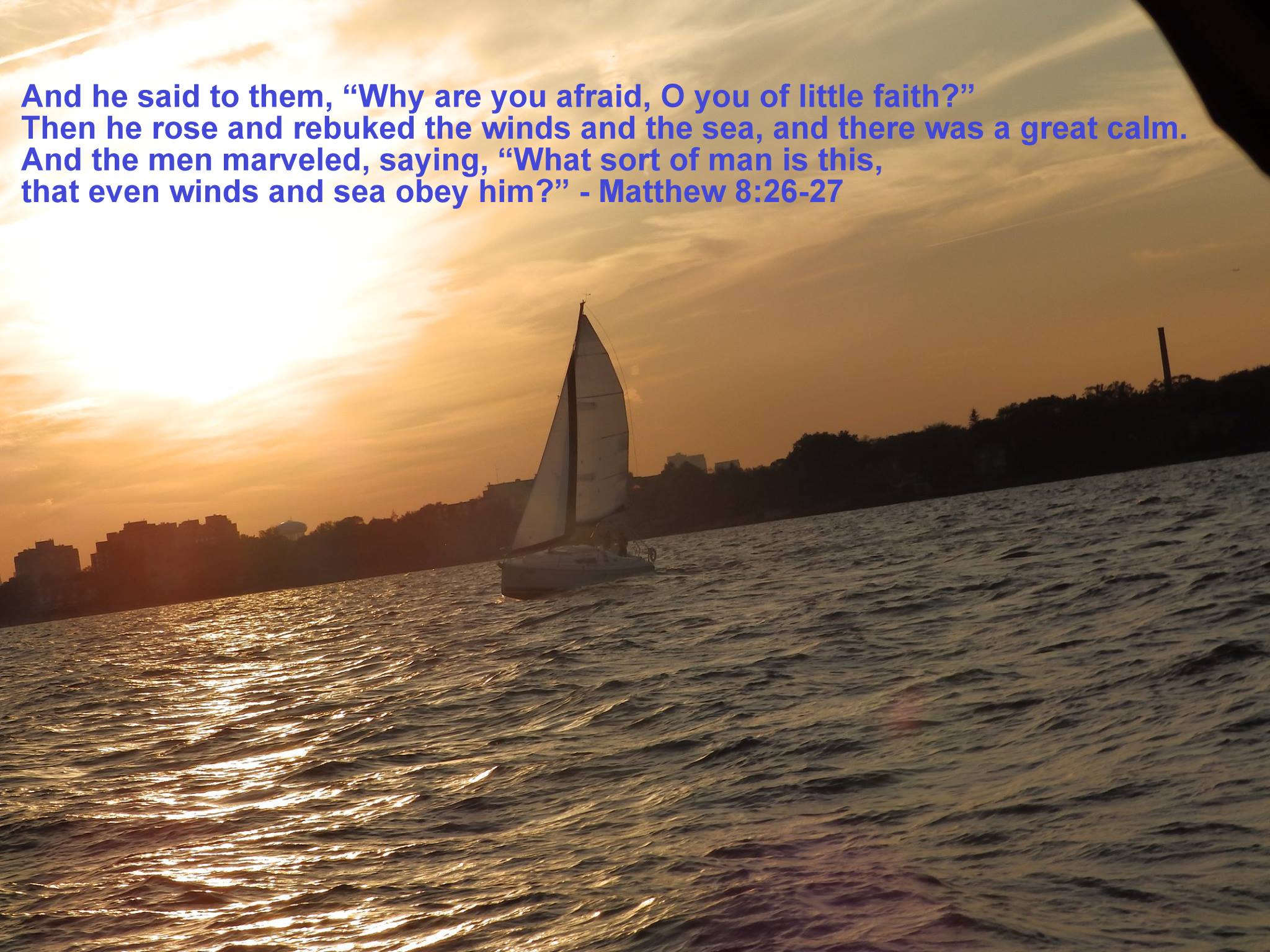
Bloor Lansdowne Christian Fellowship – BLCF Church Message for Sunday:
Sailing the Storm, Safely, with the Peace of the Lord
© June 23, 2024, by Steve Mickelson
Based on Messages Shared at BLCF on November 13, 2022, and November 18, 2018
BLCF Bulletin November 18, 2018
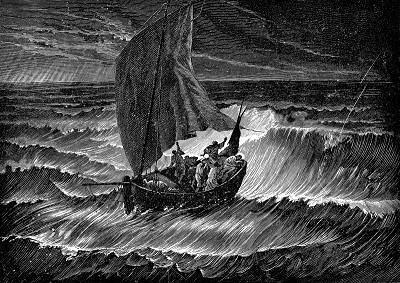
Announcements and Call to Worship; Prayer
Prayer Requests and Tithing: Hymn #572: Praise God from Whom All Blessings; Prayers
Doxology (Praise God From Whom All Blessings Flow) Instrumental – https://youtu.be/Mk4p3rihONU
Opening Hymn #84: Come and Praise the Lord Our King (Tune of Michael Row the Boat Ashore) – https://youtu.be/IaUbJ209Z7w
Music Special: HERE I AM, LORD – Collin Raye – https://youtu.be/X_v9JKi4Ajo?si=S5UdBS2qT8gitMd5
Responsive Reading #603: Divine Providence (- from Psalm 34)
Message by Steve Mickelson: Sailing the Storm, Safely, with the Peace of the Lord
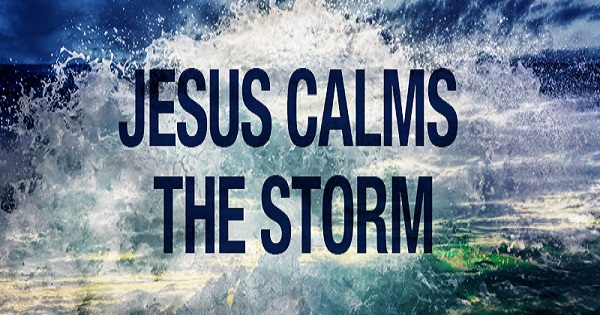
Let us pray…
Welcome to our Sunday Morning Prayer and Worship Service at BLCF Church, on this first Sunday of Summer for 2024. Most of us might agree that the recent hot-sultry weather, along with the severe pop-up thunderstorms make it seem like it is mid-summer on the calendar rather than the start.
Talk about stormy weather, today’s lesson examines two of Jesus’ miracles performed to prove to his disciples his identity as the Son of God. Both miracles occurred as the disciples struggled to overcome wind-generated storms on the Sea of Galilee to reach their appointed destination. However, as we shall see, it often happens in the Scriptures, the lessons taught from a journey are more important than the destination. One example would be Saul’s conversion experience while he journeyed on the Road to Damascus.
I would like to present the first miracle for today’s lesson, from three points of view found in the Synoptic Gospels, each bearing the common title of Jesus Calms a Storm, while mostly containing the same elements, do have some slight variances. This is what one might expect from the three different points of three different individuals’ views telling what they observed of a common event. The first example comes from the gospel of Matthew 8:23-27 (ESV):
Jesus Calms a Storm
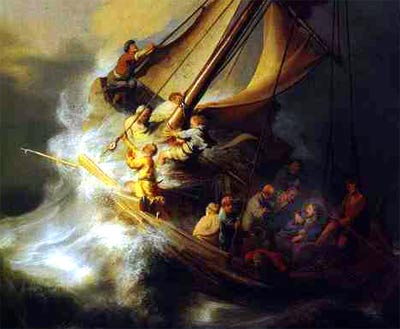
23 And when he got into the boat, his disciples followed him. 24 And behold, there arose a great storm on the sea, so that the boat was being swamped by the waves; but he was asleep. 25 And they went and woke him, saying, “Save us, Lord; we are perishing.” 26 And he said to them, “Why are you afraid, O you of little faith?” Then he rose and rebuked the winds and the sea, and there was a great calm. 27 And the men marveled, saying, “What sort of man is this, that even winds and sea obey him?”
Matthew gives an account where Jesus goes aboard a boat, followed by the disciples. While Jesus is sleeping, a great storm comes upon the vessel. Fearing for their lives, the disciples wake the Lord, asking him to save them from harm. Jesus asks them why they fear and then rebukes them for their lack of faith. Having rebuked the disciples for their lack of faith, Jesus then rebukes the wins and the sea. The resulting change from a great storm to a great calm prompts the disciples to ask what sort of man is their Lord, who can change the wind and the sea by the mere words of his commands?
Our second account of this miracle of the Lord comes from the gospel of Mark 4:35-41 (ESV):
Jesus Calms a Storm
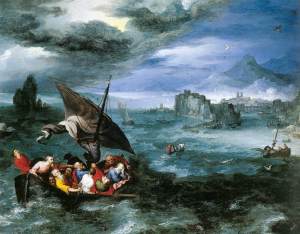
35 On that day, when evening had come, he said to them, “Let us go across to the other side.” 36 And leaving the crowd, they took him with them in the boat, just as he was. And other boats were with him. 37 And a great windstorm arose, and the waves were breaking into the boat, so that the boat was already filling. 38 But he was in the stern, asleep on the cushion. And they woke him and said to him, “Teacher, do you not care that we are perishing?” 39 And he awoke and rebuked the wind and said to the sea, “Peace! Be still!” And the wind ceased, and there was a great calm. 40 He said to them, “Why are you so afraid? Have you still no faith?” 41 And they were filled with great fear and said to one another, “Who then is this, that even the wind and the sea obey him?”
Mark’s account gives us additional information from Matthew’s gospel. We learn that it is the evening when the disciples join Jesus aboard a boat to cross the Sea of Galilee. However, we also learn the group sails in the boat, leaving behind a crowd. It seems that some of the crowd decided to follow the boat containing Jesus and the disciples, as we learn that other boats were with him. Mark gives additional details, indicating Jesus was at the stern of the boat, where had fallen asleep on a cushion. Mark indicates that Jesus rebukes the storm and then his disciples, whereas Matthew has the order reversed. It could be because Mark felt the Lord rebuking the sea was more significant than his personal rebuke of the disciples. We also learn that this miracle which prompted the disciples to question the identity of their Lord came out of fear, at least from Mark’s point of view.
Now let us look at Luke’s take on these events, taken from the gospel of Luke 8:22-25 (ESV):
Jesus Calms a Storm
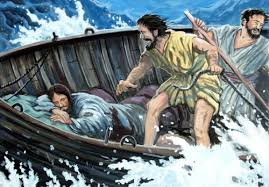
22 One day he got into a boat with his disciples, and he said to them, “Let us go across to the other side of the lake.” So they set out, 23 and as they sailed he fell asleep. And a windstorm came down on the lake, and they were filling with water and were in danger. 24 And they went and woke him, saying, “Master, Master, we are perishing!” And he awoke and rebuked the wind and the raging waves, and they ceased, and there was a calm. 25 He said to them, “Where is your faith?” And they were afraid, and they marveled, saying to one another, “Who then is this, that he commands even winds and water, and they obey him?”
Luke’s account of events is more succinct, but we learn that the storm came as they fell asleep. It seems that Jesus was not the only disciple who had fallen asleep, which might explain the brevity of Luke’s account. As Jesus and Luke slumbered, perhaps Matthew and Mark kept watch, giving a possible explanation for the latter two’s more lengthy and detailed description of events. While Luke agrees with Mark that the disciples experienced fear at witnessing this miracle over nature, the former indicates that he marveled at the events.
All three Synoptic accounts end with the disciples questioning the identity of the man whom they follow and call their Lord.
This leads us to the second miracle involving the disciples aboard a boat in a stormy sea. Only this time Jesus sent his disciples ahead of him, while he dismissed the crowd, and later went up a mountain to pray alone. Let us look at the account of events found in the gospel of Matthew 14:22-33 (ESV):
Jesus Walks on the Water
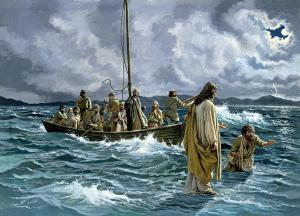
22 Immediately he made the disciples get into the boat and go before him to the other side, while he dismissed the crowds. 23 And after he had dismissed the crowds, he went up on the mountain by himself to pray. When evening came, he was there alone, 24 but the boat by this time was a long way[a] from the land,[b] beaten by the waves, for the wind was against them. 25 And in the fourth watch of the night[c] he came to them, walking on the sea. 26 But when the disciples saw him walking on the sea, they were terrified, and said, “It is a ghost!” and they cried out in fear. 27 But immediately Jesus spoke to them, saying, “Take heart; it is I. Do not be afraid.”
28 And Peter answered him, “Lord, if it is you, command me to come to you on the water.” 29 He said, “Come.” So Peter got out of the boat and walked on the water and came to Jesus. 30 But when he saw the wind,[d]he was afraid, and beginning to sink he cried out, “Lord, save me.”31 Jesus immediately reached out his hand and took hold of him, saying to him, “O you of little faith, why did you doubt?” 32 And when they got into the boat, the wind ceased. 33 And those in the boat worshiped him, saying, “Truly you are the Son of God.”
Footnotes: a. Matthew 14:24 Greek many stadia, a stadion was about 607 feet or 185 meters b. Matthew 14:24 Some manuscripts was out on the sea c. Matthew 14:25 That is, between 3 a.m. and 6 a.m. d. Matthew 14:30 Some manuscripts strong wind
Similar to Ontario’s Lake Nipissing, near North Bay, the Sea of Galilee’s dimensions and orientation make it a prime candidate for sudden unpredictable storms caused by the prevailing winds. Needless to say, I am sure that Jesus, having been blessed with the Holy Spirit, and by being the Divine Alpha and Omega, (beginning and end), knew that the disciples would encounter a storm on their journey.
So why did He allow them to go in the boat without Him? And why did He wait so long before joining them?
Remember Jesus wanted to go up the mountain to pray. As Christians, we need to take time to pray, to be sensitive to the Holy Spirit’s guidance, and to clear our slate of thoughts, actions, and feelings that distance us from God.
Jesus was a good teacher not only to the multitudes but to the twelve who followed him. The journey from Heptapegon, also known as Tabgha, el-Oreme, or ‘En Sheva to Bethesda was about seven miles distance and would have taken the disciples maximum of 3-4 hours under normal conditions. Because of extreme headwinds and waves, the disciples’ boat had covered only half the distance in about 12 hours or about 1/6 of the normal rate of travel.
There is no doubt that Jesus knew about the challenges his disciples were encountering, but he allowed them to go for some time before he set out to tread across the sea. Until Jesus arrived, the disciples had to work persistently and together to keep their boat on course, against the storm. The disciples would need the same persistence and cooperation, in the not-too-distant future, to share the Gospel with people who knew nothing of God, or worse, had drifted away from God in the pursuit of a religion devoid of the Holy Spirit.
This account gives us a combination of three of Jesus’ miracles: walking upon a stormy sea, Paul joining the Lord by walking on the troubled water, and then again commanding the storm to cease. Jesus again rebukes the disciples for their doubt and lack of faith.
This miracle differs from the previous miracle as the disciples no longer doubt the identity of Jesus, as all on the boat worshipping him as the Son of God.
The lesson from Matthew’s account is that we should seek the light of Jesus, as only the Lord can provide us with the safety that allows us to lie down and sleep in peace, as is indicated in Psalm 4:6-8 (ESV):
Answer Me When I Call

To the choirmaster: with stringed instruments. A Psalm of David.
6 There are many who say, “Who will show us some good? Lift up the light of your face upon us, O Lord!” 7 You have put more joy in my heart than they have when their grain and wine abound.
8 In peace I will both lie down and sleep; for you alone, O Lord, make me dwell in safety.
As believers in the Resurrected Christ, we are justified by our faith and reconciled so that we have peace with God, through His Son, Christ Jesus, as we read in Paul’s gospel, Romans 5:1 (ESV):
Peace with God Through Faith
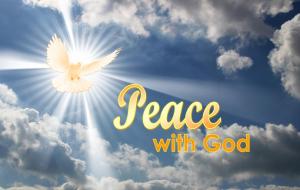
5 Therefore, since we have been justified by faith, let us have peace with God through our Lord Jesus Christ.
Let us pray…
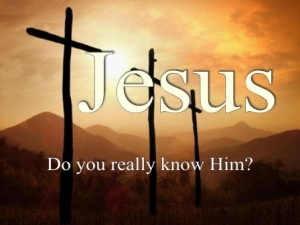
Closing Music Special – Michael Row The Boat Ashore – (Lyrics) – Michael Row the Boat Ashore – The Highwaymen, The Ultimate Collection (1947-1961) – https://youtu.be/mMszhdPbB1o?si=kidQ3Cbw1tVYIv_p
Benediction Music Special: In Jesus’ Name (God of Possible) – Katy Nichole – Lyric Video – https://youtu.be/R84PqRdZ7_Y?si=E8Kax8j01Q2aBOXQ

Benediction – (Colossians 3:15): And let the peace of Christ rule in your hearts, to which indeed you were called in one body. And be thankful. – Know Jesus, Know Peace!
